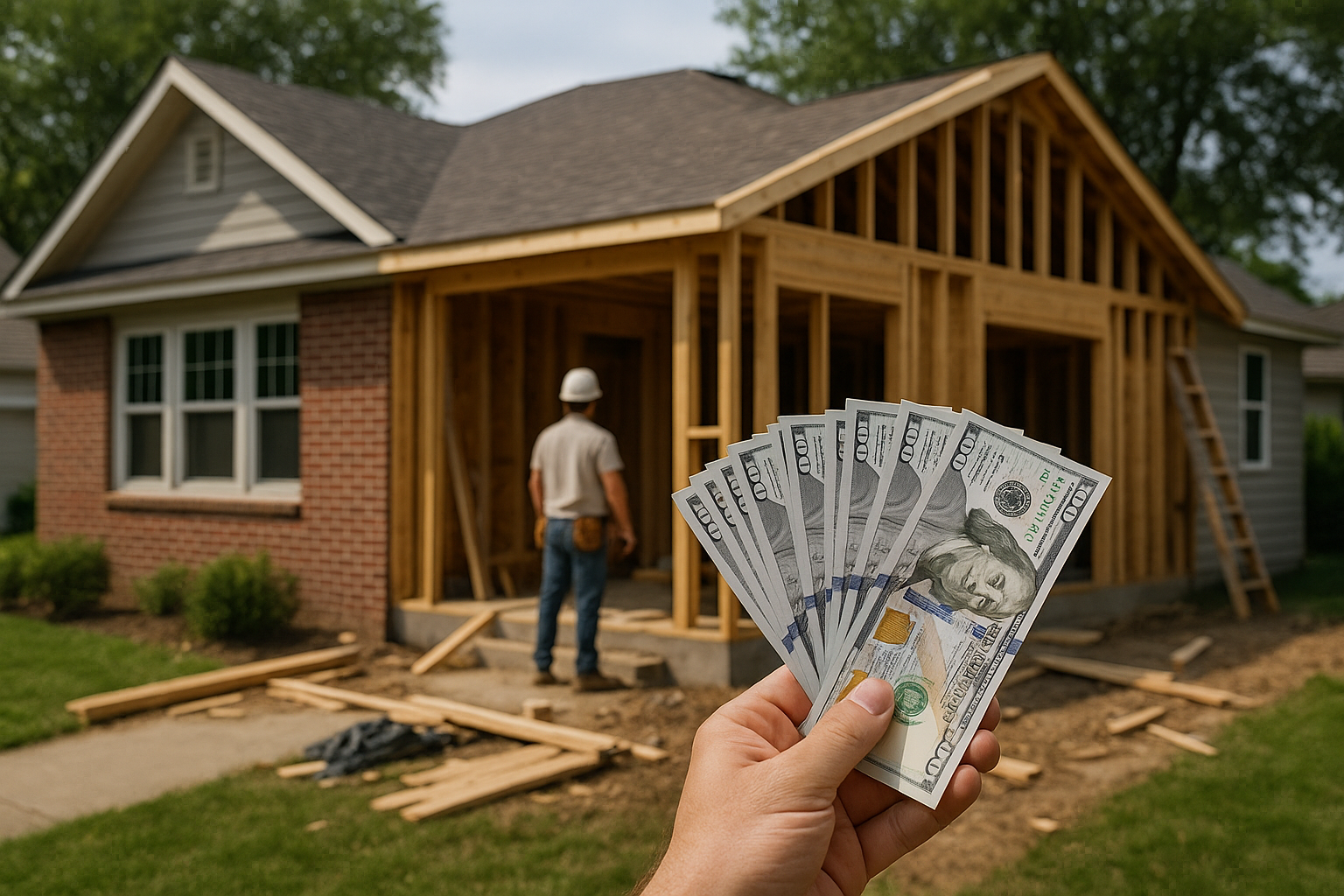Guide to Window Replacement Grants and Eligibility Criteria
Window replacement can be a significant investment for homeowners, but various grants and programs are available to help offset the costs. This comprehensive guide will explore window replacement grants, government assistance programs, and eligibility criteria, with a focus on options for seniors and low-income households.

What are window replacement grants?
Window replacement grants are financial assistance programs offered by government agencies, non-profit organizations, and utility companies to help homeowners improve their home’s energy efficiency. These grants typically cover a portion of the costs associated with replacing old, inefficient windows with newer, energy-efficient models. The primary goal is to reduce energy consumption, lower utility bills, and improve overall home comfort.
How do government grants for windows and doors work?
Government grants for windows and doors are typically part of larger energy efficiency initiatives. These programs aim to encourage homeowners to make energy-saving improvements to their properties. The process usually involves:
-
Applying for the grant through the appropriate government agency
-
Meeting specific eligibility criteria
-
Having an energy assessment conducted on your home
-
Obtaining quotes from approved contractors
-
Completing the window replacement project
-
Submitting documentation for reimbursement
It’s important to note that most government grants do not cover the entire cost of window replacement but rather provide partial funding or rebates.
What are the eligibility criteria for window replacement grants?
Eligibility criteria for window replacement grants can vary depending on the specific program and location. However, some common requirements include:
-
Homeownership: Most grants are available only to homeowners, not renters.
-
Primary residence: The property must typically be your primary residence, not a rental or vacation home.
-
Income limits: Many programs have income thresholds to target assistance to low-income households.
-
Age of the home: Some grants prioritize older homes that are more likely to have inefficient windows.
-
Energy efficiency standards: Replacement windows must meet specific energy efficiency ratings, such as ENERGY STAR certification.
-
Professional installation: Many grants require that the windows be installed by certified professionals.
Are there specific window replacement programs for seniors?
Yes, there are window replacement programs specifically designed for seniors. These programs recognize that older adults often live on fixed incomes and may struggle with home maintenance costs. Some examples of senior-specific programs include:
-
Weatherization Assistance Program (WAP): This federally-funded program provides free weatherization services, including window replacement, to low-income households with priority given to seniors.
-
Section 504 Home Repair Program: Offered by the U.S. Department of Agriculture, this program provides loans and grants to very-low-income homeowners aged 62 and older for home repairs and improvements, including window replacement.
-
Local and state programs: Many states and municipalities offer their own assistance programs for senior homeowners, which may include window replacement grants or low-interest loans.
What unique benefits do window replacement grants offer in the United States?
Window replacement grants in the United States offer several unique benefits that go beyond just financial assistance:
-
Energy independence: By promoting energy-efficient home improvements, these grants contribute to reducing the country’s overall energy consumption and dependence on fossil fuels.
-
Job creation: Many grant programs require work to be done by certified local contractors, which helps stimulate local economies and create jobs in the construction and energy efficiency sectors.
-
Environmental impact: Improved energy efficiency leads to reduced carbon emissions, aligning with national environmental goals.
-
Health benefits: New windows can improve indoor air quality and reduce drafts, potentially leading to better health outcomes, especially for seniors and those with respiratory conditions.
-
Community revitalization: As more homeowners upgrade their properties, it can lead to improved neighborhood aesthetics and increased property values.
How can homeowners find and apply for window replacement grants?
Homeowners interested in window replacement grants can follow these steps to find and apply for available programs:
-
Research federal programs: Start by exploring federal initiatives such as the Weatherization Assistance Program and the Low Income Home Energy Assistance Program (LIHEAP).
-
Check state and local resources: Many states and cities offer their own energy efficiency grants. Check with your state’s energy office or local government website for information.
-
Contact utility companies: Some utility providers offer rebates or incentives for energy-efficient home improvements, including window replacement.
-
Explore non-profit options: Organizations like Habitat for Humanity sometimes offer home repair assistance programs that may include window replacement.
-
Consult with window replacement companies: Many contractors are familiar with available grants and can guide homeowners through the application process.
-
Gather required documentation: Be prepared to provide proof of income, homeownership, and other relevant information when applying for grants.
-
Submit applications: Follow the specific application procedures for each grant program you’re interested in, and be sure to meet all deadlines.
Remember that while grants can significantly reduce the cost of window replacement, they may not cover the entire expense. Homeowners should be prepared to contribute some of their own funds or explore additional financing options if necessary.
In conclusion, window replacement grants and programs offer valuable assistance to homeowners looking to improve their property’s energy efficiency. By understanding the available options, eligibility criteria, and application processes, homeowners can take advantage of these opportunities to upgrade their windows while reducing out-of-pocket expenses.




